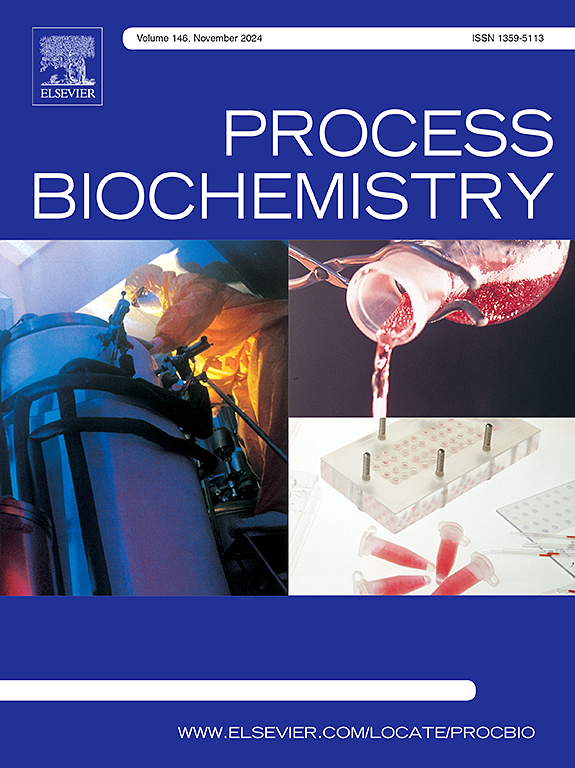Metaproteomics of human microbiota: Progress and key challenges for precision medicine
IF 4
3区 生物学
Q2 BIOCHEMISTRY & MOLECULAR BIOLOGY
引用次数: 0
Abstract
Human metaproteomics, the large-scale study of proteins from microbiota in different parts of human body, has gained significant attention over the past few decades due to its potential to provide comprehensive insights into microbial communities and their functions. In terms of experimental techniques, continuous advancements in mass spectrometry and bioinformatics have propelled the development of metaproteomics. The emergence of artificial intelligence enables more specific identification and quantification of proteins from complex microbial ecosystems. Additionally, in the realm of clinical applications, metaproteomics offers critical contributions to disease diagnosis and treatment by elucidating the taxonomic and functional dynamics within the human microbiota. However, the complexity of metaproteomics data requires high sensitivity, robust bioinformatics pipelines and large-scale, systematic clinical validation, which restrict the widespread adoption of metaproteomics in routine clinical settings. In this review, we summarize recent advancements in metaproteomics, highlight novel technologies, and discuss their practical applications in multiple diseases, such as cancer and COVID-19. We also provide an overview of the challenges and future directions in metaproteomics, emphasizing its role in advancing our understanding of microbiota.
人类微生物群:精准医学的进展和关键挑战
人类宏蛋白质组学是对人体不同部位微生物群蛋白质的大规模研究,在过去的几十年里,由于它有可能提供对微生物群落及其功能的全面了解,因此受到了极大的关注。在实验技术方面,质谱和生物信息学的不断进步推动了b宏蛋白质组学的发展。人工智能的出现使得对复杂微生物生态系统中的蛋白质进行更具体的鉴定和量化成为可能。此外,在临床应用领域,宏蛋白质组学通过阐明人类微生物群的分类和功能动态,为疾病诊断和治疗做出了重要贡献。然而,宏蛋白质组学数据的复杂性需要高灵敏度、强大的生物信息学管道和大规模、系统的临床验证,这限制了宏蛋白质组学在常规临床环境中的广泛采用。在本文中,我们总结了宏蛋白质组学的最新进展,重点介绍了新技术,并讨论了它们在多种疾病中的实际应用,如癌症和COVID-19。我们还概述了宏蛋白质组学面临的挑战和未来的发展方向,强调了它在促进我们对微生物群的理解方面的作用。
本文章由计算机程序翻译,如有差异,请以英文原文为准。
求助全文
约1分钟内获得全文
求助全文
来源期刊

Process Biochemistry
生物-工程:化工
CiteScore
8.30
自引率
4.50%
发文量
374
审稿时长
53 days
期刊介绍:
Process Biochemistry is an application-orientated research journal devoted to reporting advances with originality and novelty, in the science and technology of the processes involving bioactive molecules and living organisms. These processes concern the production of useful metabolites or materials, or the removal of toxic compounds using tools and methods of current biology and engineering. Its main areas of interest include novel bioprocesses and enabling technologies (such as nanobiotechnology, tissue engineering, directed evolution, metabolic engineering, systems biology, and synthetic biology) applicable in food (nutraceutical), healthcare (medical, pharmaceutical, cosmetic), energy (biofuels), environmental, and biorefinery industries and their underlying biological and engineering principles.
 求助内容:
求助内容: 应助结果提醒方式:
应助结果提醒方式:


